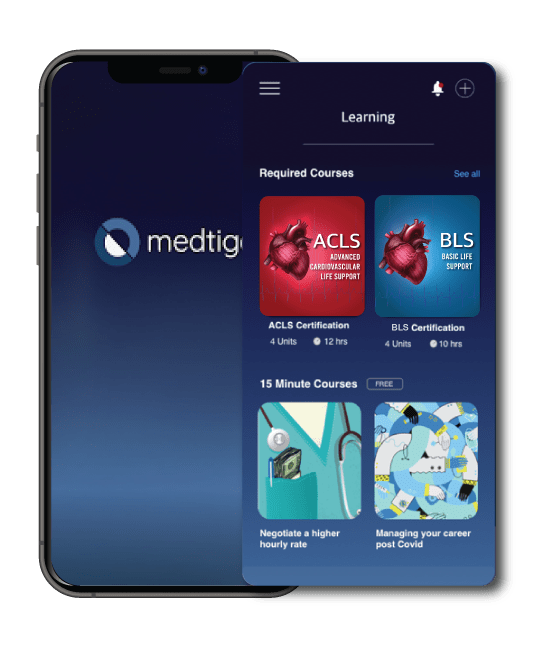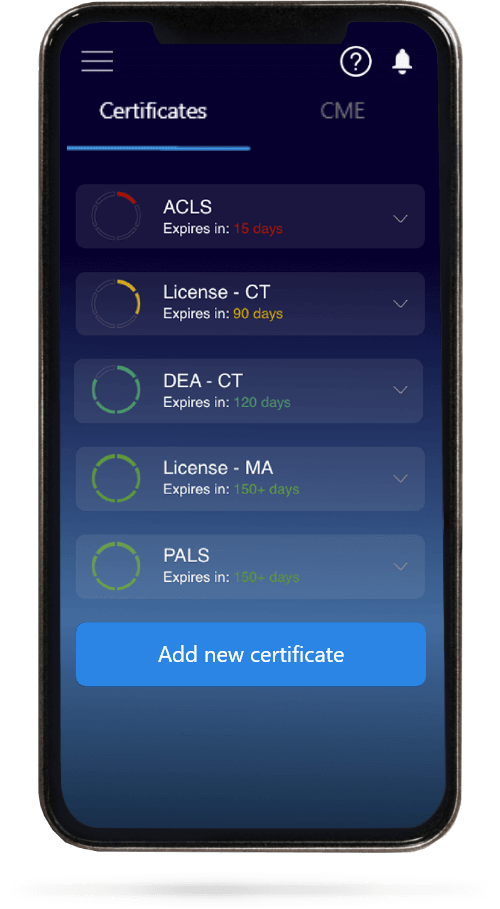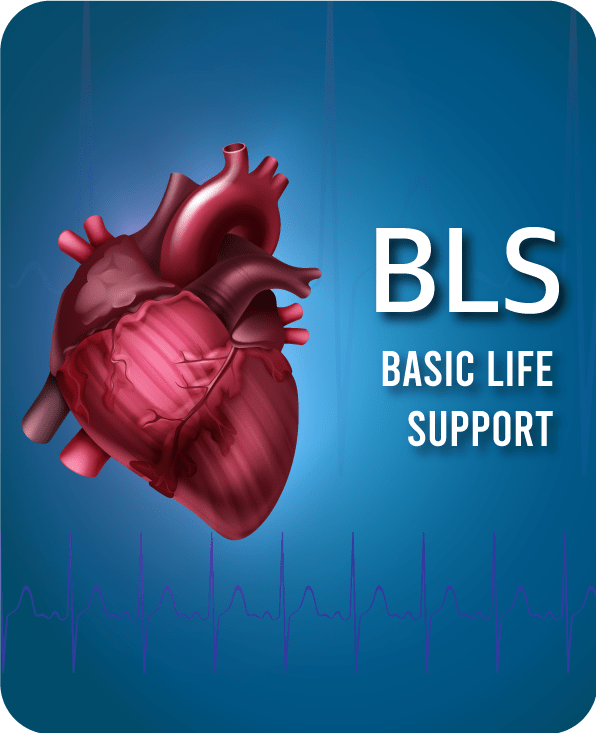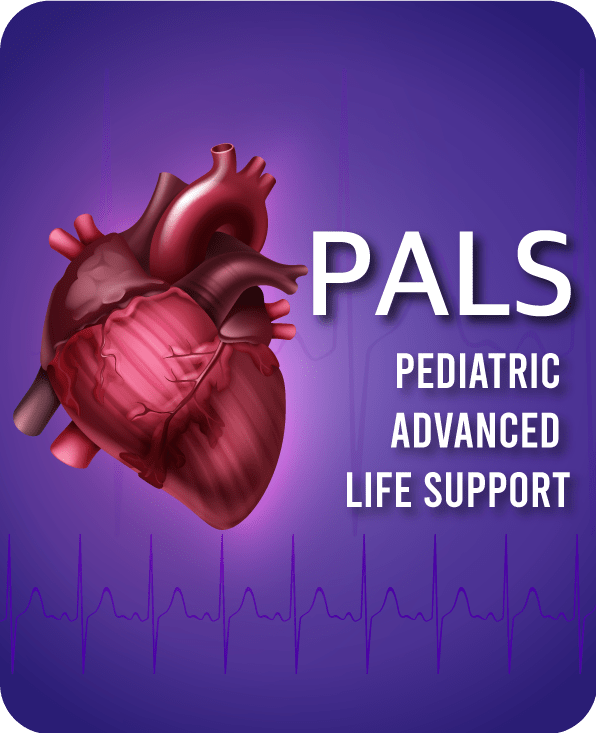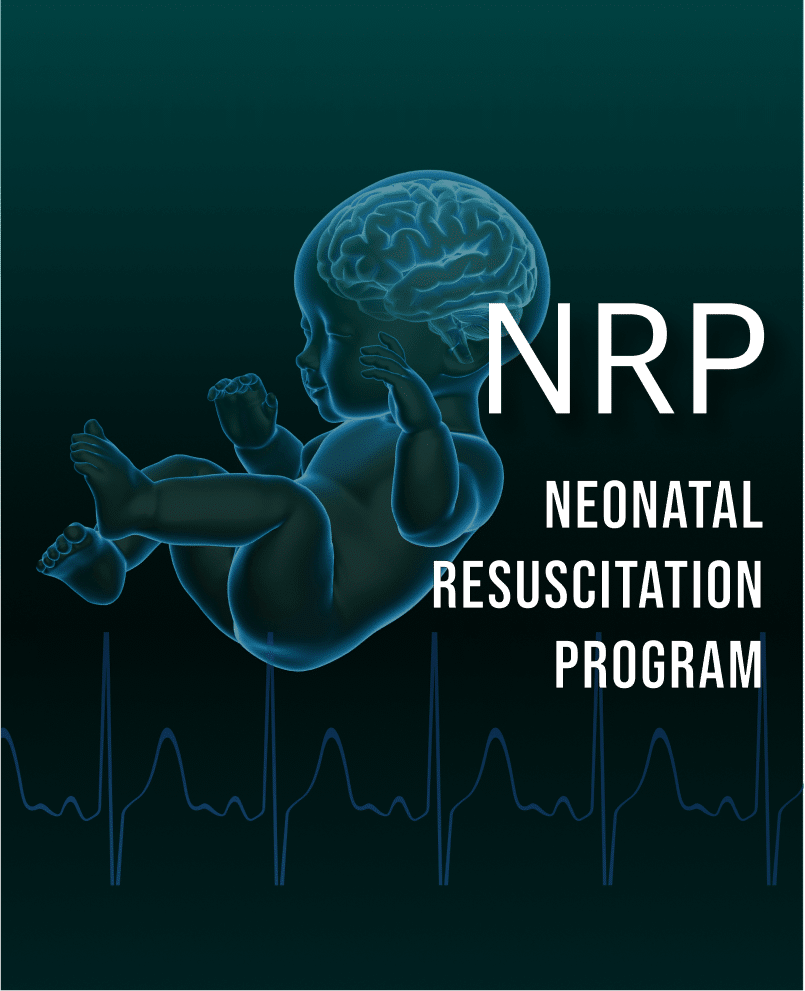
Over past years, several researchers have found out that long administration of opioids (tramadol) will lead to increased risk of dementia or cognitive impairment. This finding was based on animal study in which chronic tramadol exposure caused by direct hippocampal atrophy would result in learning and memory impairment.
Tramadol is a weak opioid prescribed for moderate pain only. Two research studies find long-term use of opioids increases risk of dementia. In one prospective cohort study of 91,307 humans using the Israeli National Health Maintenance Organizations database, opioid purchase over 60 days was associated with an increased risk for dementia among those 75–80 years old, compared to nonuse.
Analyses from a second retrospective cohort study of 41,636 chronic pain patients in China found that they had more dementia if there were at least 180 defined daily doses of opioid use per year compared to no use of opioid.
The present study was designed as a population-based retrospect study to examine the association of long-term use of tramadol with dementia, Alzheimer’s disease, and vascular dementia in older adults with musculoskeletal pain using the Korean National Health Insurance Service (NHIS) database.
Patients with cancer history were excluded (n=69,918), dementia (n=52,583), stroke (n=279,661), opioid use disorder (n=554), other past opioid use, including frequent opioid use (n=1,221,443). The researchers hypothesized that longer cumulative use of tramadol would be associated with increased dementia risk. The period of the study covered from January 1, 2003, to December 31, 2007, for a total of 1,865,827 old patients with musculoskeletal pain.
Firstly, participants who were dispensed tramadol were then matched to participants who were not and this excluded 156,412 out of the unmatched study participants. The end analysis sample comprised 83,926 participants with 41,963 using tramadol and 41,963 not using it.
The patients were in the 63-72 age group, and 56.7% of tramadol users were women. In the current study, the matched samples of tramadol users and non-users were compared with standardized differences to check the balance that was attained after matching. As expected, baseline characteristics were more evenly distributed after performing the propensity score matching.
In 53,990 cases of Alzheimer’s Disease (AD), a nested case–control study using the Finnish Nationwide Health Care register database did not find an association of tramadol prescription with increased risk of AD, but adjusted for competing risk of death. Additionally, AD was the only class of dementia considered in the exposure definition or the study, and the study did not include duration of tramadol prescription in the exposure definition. Researchers don’t know the exact mechanism by which tramadol raises the risk of dementia.
Changes in the cerebral blood vessels and those of microcirculation of subcortical white matter provide clinical characteristics of cognitively impaired profiles caused by other pathology aetiologies including AD. More research is needed to decipher why these outcomes are presenting these trends.
The study concludes that long-term use of tramadol has a higher risk of developing dementia, over 14 years the participants with tramadol group developed dementia compared with non-users. The numbers are, 6 out of 1000 tramadol users used it for 1 to 14 days, 8 out of 1000 users who used it for the span of 15 to 90 days, and 8 out of 1000 users who used tramadol for more than 90 days.
Reference: Oh SN, Kim HJ, Shim JY, Kim KW, Jeong S, Park SJ, et al. Tramadol use and incident dementia in older adults with musculoskeletal pain: a population-based retrospective cohort study. Nature





